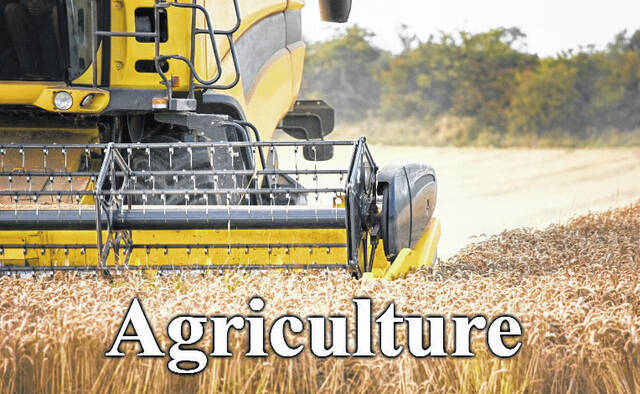
Staff report
DARKE COUNTY — A team of researchers from Ohio State will be working with area farmers to explore the economic and environmental pros and cons associated with reintegrating livestock into crop farming.
Over the last 50 years, both crop and livestock production systems in the U.S. have become increasingly specialized and separated. Agricultural specialization has helped provide abundant, affordable food. However, specialization has also contributed to long-term declines in soil quality and increased exposure to market volatility and fertilizer price spikes.
The researchers are excited to partner with farmers to better understand how different approaches to livestock-crop integration actually work on Ohio farms. The project team is currently recruiting farmers from Darke county to participate. They are specifically looking for farms that fit one of four farm types: cash grain only, cash grain using manure from another farm (preferably cattle manure), farms that have both cattle and cash grain operations, and livestock farms with only forage or grazing crops.
During the 2022 and 2023 growing seasons, the Ohio State researchers will coordinate with producers to collect on-farm samples of soil, crops, manure, and feed as well as basic management information (crop rotations, livestock inventories, etc.).
Study leader Douglas Jackson-Smith stressed that participating farmers will not need to change any of their current farm practices. Participation is voluntary and data from individual farms will be handled confidentially. Participants will receive a monetary stipend and copies of all test results from their farm.
Data from this study will be combined to model the economic and environmental tradeoffs associated with different approaches to crop-livestock integration. The goal is to identify how reintegration of livestock could be used in the future to keep Ohio farms productive, profitable, and sustainable.
Darke County is one of the more suitable counties for this study because we are the number one producers of grains, and number two producers for livestock in the state. Our production numbers are high but geographically most of our livestock is north of Greenville, therefore we have many farmers that do not have livestock fully integrated into their system. Darke County participating in this experiment will give us the opportunity to help other parts of the state, as well as our neighbors, improve productivity, profitability, and sustainability.
For more information, contact county extension educator: Taylor Dill at 937-569-5000 or [email protected].

